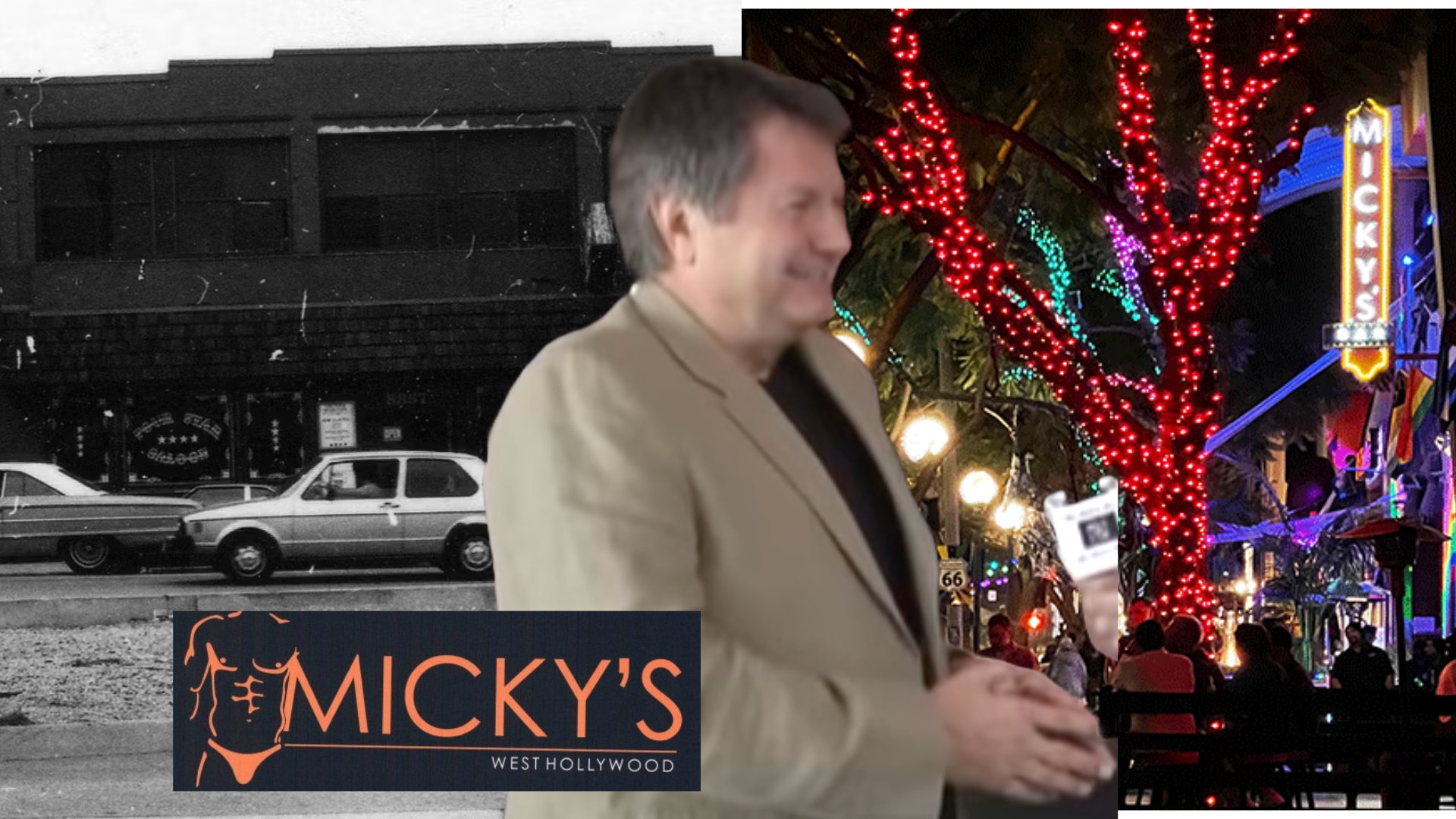
As Micky’s West Hollywood prepares for what comes next after a storied 30 years in business on Santa Monica Boulevard, owner Michael Niemeyer knows it’s the end of an era. Micky’s was born in a time of war — the war for gay liberation, visibility, the right to exist and be recognized — and Niemeyer came of age in the trenches.
The scrappy camaraderie of the LGBTQ+ community in the face of harassment and discrimination is largely forgotten, Niemeyer says. Gone is the power of the political action groups and the passion that helped move heaven and earth during the AIDS crisis, changing laws and hearts and minds across the nation.
“I think it’s a result of winning the war, you know?” Niemeyer told WEHOonline in an exclusive interview. “We feel like we’ve won the war, and so there’s complacency on our side.”
The war he describes began decades before Micky’s existed.
“Let me tell you a very good example. The Alcohol Beverage Control Board has been enemies of the gay community since the 1930s. They considered us immoral, and you can find it in their rulebooks. The term was actually ‘disorderly house.’ If you had a gay bar, the term was “disorderly.” In the ’50s, gay people weren’t allowed to hold liquor licenses. Only straight people could because you were considered a person of poor moral character. This is the background we come from.”
And while Micky’s opened in its current form in 1988, the bar’s origin dates back to the 1930s, when it operated as The Four Star Saloon. The establishment holds the distinction of having the second liquor license ever issued in California following the end of Prohibition in 1933, making it one of the oldest bars in the Los Angeles area.
The Four Star Saloon, located just outside the Los Angeles city limits, was initially a popular stop along the Red Car Line, which transported people between Hollywood and Santa Monica’s beaches during World War II. The bar became a favorite destination for both military personnel and travelers. By the 1950s, The Four Star evolved into a space for closeted gay Hollywood celebrities who sought refuge from public scrutiny. Stars like Montgomery Clift, Anthony Perkins, and Dorothy Parker found refuge at The Four Star.
In her memoir Detour, Cheryl Crane, daughter of actress Lana Turner, described sneaking into The Four Star through the back door as a teenager in the 1950s. For Crane and others, the bar was a hidden sanctuary, tucked away from the heavy policing of Los Angeles proper. The bar’s location just outside the jurisdiction of the Los Angeles Police Department meant it was subject to less frequent harassment by law enforcement, allowing its LGBTQ+ clientele to socialize with relative freedom compared to other parts of the city.
In 1988, Niemeyer purchased the bar and rebranded it as Micky’s. Niemeyer, who had already made a name for himself as the owner of Apache Territory, a successful bar in Studio City, brought a new vision to the space. At the time, most gay bars had darkened windows to shield patrons from public view. Inspired by the Blue Parrot, he transformed Micky’s by opening the front to the street, inviting the community in and signaling a new era of openness for LGBTQ+ spaces.
“When I started in the ’70s, the LAPD harassed the bars terribly in Los Angeles,” Niemeyer said. They would come in on a Saturday night, shut the music off, line everybody up—300 people—and line them up against the wall with batons out, looking for IDs. I had my neck up against the wall with a baton because they wanted to look at my ABC license, my liquor license. That’s how we were treated in the late ’70s and early ’80s.”
The harassment extended to female patrons, with police officers sometimes lifting their skirts to see if they were wearing men’s underwear, he recalled.
“They asked, ‘Are you a real girl, or are you wearing panties?'” he said. “It’s so hard to fathom that this (type of harassment) really happened, but it did. I saw it, and it happened to me.”
Niemeyer says the solidarity of the LGBTQ+ community is only a shadow of what it was 25 or 30 years ago.
“In the ’80s, the bar employees, the bar owners, and the customers—it was us against the world,” Niemeyer said. “In 1988, when we first opened in West Hollywood, it was Pride weekend. Five Sheriff’s Department deputies walked in during the afternoon of Pride. Not one but 25 customers immediately got up from their bar stools and confronted the officers, asking why they were in there—because of harassment. The bars and their customers—it was us against the police, it was us against the ABC.”
Despite these challenges, Micky’s thrived and became a hub for gay rights activism. During the early days of the AIDS epidemic, the bar played a vital role in supporting the creation of Hollywood’s first residential AIDS hospice, the Wayland Flowers House. Over the decades, Micky’s has stood against police harassment, opposed Proposition 91 and pushed for the rights of the community.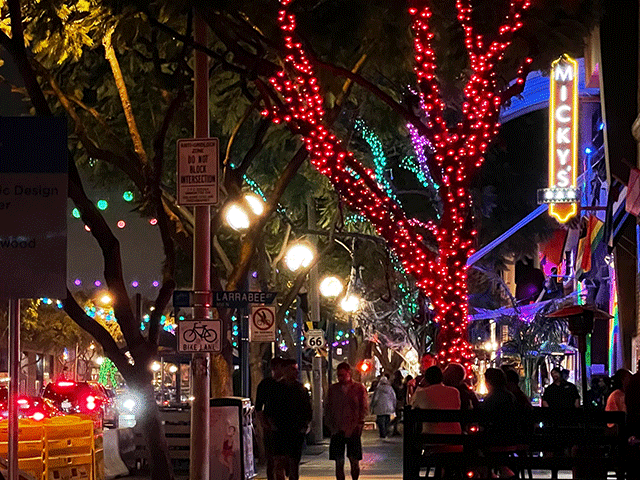
He noted that the LGBTQ+ community has become more complacent in recent years, as the political landscape has shifted. As Micky’s evolved, it has welcomed a more diverse clientele, including straight patrons who now make up a significant portion of the bar’s visitors, particularly for events like bachelorette and bachelor parties. Niemeyer acknowledged it has changed the bar’s atmosphere.
In a day when governments are expected to issue apologies in the name of social justice, the lack of accountability from state and local officials over the discriminatory crimes of the past still burns him up. He is disappointed that even today’s LGBTQ+ officials have not demanded reckoning for the community’s mistreatment.
“I still think, in my head, that there’s some self-hating and internalized homophobia in our leadership today,” Niemeyer said. “Why haven’t there been public hearings or reparations? When I was a teacher and a bar owner, the ABC and LAPD would take photos of people going in and out of gay bars in Silver Lake and send those photos to the school district if they were teachers. They lost their jobs and retirement. Where are their reparations? You never hear a word about it from our leadership. Where’s Supervisor Lindsey (Horvath)? Why hasn’t she demanded an apology?”
Q&A WITH MICHAEL NIEMEYER
Q: What does the gay bar of the future look like?
We’re trying to figure that out. I think that’s ever-changing. That’s simplistic, but it’s true. One thing that surprises me so much is that many of our traditions—old things—have gone away, but drag is still huge. Huge! I would have thought it would’ve fallen away in the ’80s like a lot of other traditions did, like the handkerchief code or some of the leather bars. Those things seem to have disappeared, but drag is bigger than ever.
Q: Why do you think that is?
I don’t know. Somebody told me we worked a lot with “RuPaul’s Drag Race.” I understand their biggest audience is straight girls, like 19 to 23 years old. That just blows me away. It’s hysterical that’s the audience, but we have a big audience for drag. It surprises me it’s still around.
Q: Have the drag artists and their acts changed? Is anything different?
It used to be more comedy drag in the ’80s. Now it’s more impersonation-type drag, which is very different. They have huge followings and fan clubs. It’s really cool, especially because it was hard for them growing up, and now they’ve found success and respect through drag. It’s wonderful, and it surprises me that it’s as big as it is.
Q: What about the city of West Hollywood as a whole? Do you feel like it’s supporting the Rainbow District as much as it should?
Let’s take that word “Rainbow District.” I’m not crazy about it. It seems arbitrary. When it was called “Boystown,” that wasn’t a put-down. That’s not where it came from. It didn’t come from a place of not liking drag queens or women. So, people making that assumption are wrong. Why don’t we have big arches that demarcate the rainbow district? From the time of cityhood, my bar opened right after that, and the first meeting I went to, the first thing people said was, “Well, we’re not just a gay city. We want to be inclusive of everyone.” So, they started apologizing before we even got our own city. I bet there wasn’t one straight person in Anaheim worried about what gay people were thinking. The internalized homophobia in our community was—and still is—terrible. They would start apologizing about us being gay. And I still don’t know why we don’t have big arches that demarcate the gay area, the Rainbow District, or whatever we want to call it. We should have had big arches and more signage. I like the rainbow stripes on the street, but it should have been more delineated years ago. If we don’t protect and honor our history, pretty soon, it’ll all go away, and no one will ever know there was a gay community here.
Q: If a young entrepreneur came to you and said they wanted to open a bar in Boystown, what would your advice be?
I’d like to see… smaller, more intimate establishments. Right now, we’ve all got big dance floors, big lights, big sound. The public is used to that, and they want that, but I think there’s a need for more lounge-type establishments.
Q: How do you feel about WeHo Pride? How is it evolving?
First of all, Micky’s is no longer calling it Pride. I’m taking a personal stand on that. I’m not calling it Pride anymore. I think it should be called Rebellion. Calling it Pride makes it seem like we’re just a fun group that’s done nothing but be prideful and happy for the last 100 years. It’s too happy of a name. That’s not where we came from, and that’s not what we’re about.
Q: Why are you taking that stance?
This Pride weekend in West Hollywood, the fire department came to Micky’s five times. The city’s code enforcement came four times for “routine inspections.” You know where I come from and what routine inspections used to be. It’s so disrespectful to our community. They don’t mean it in the same way, but have some respect for us. Don’t come in on our holidays like Halloween or Pride for inspections. I’m not saying they’re harassing us, but don’t disrespect our history. If you want to check for fire exits, come the week before or after. Have some respect for our past.

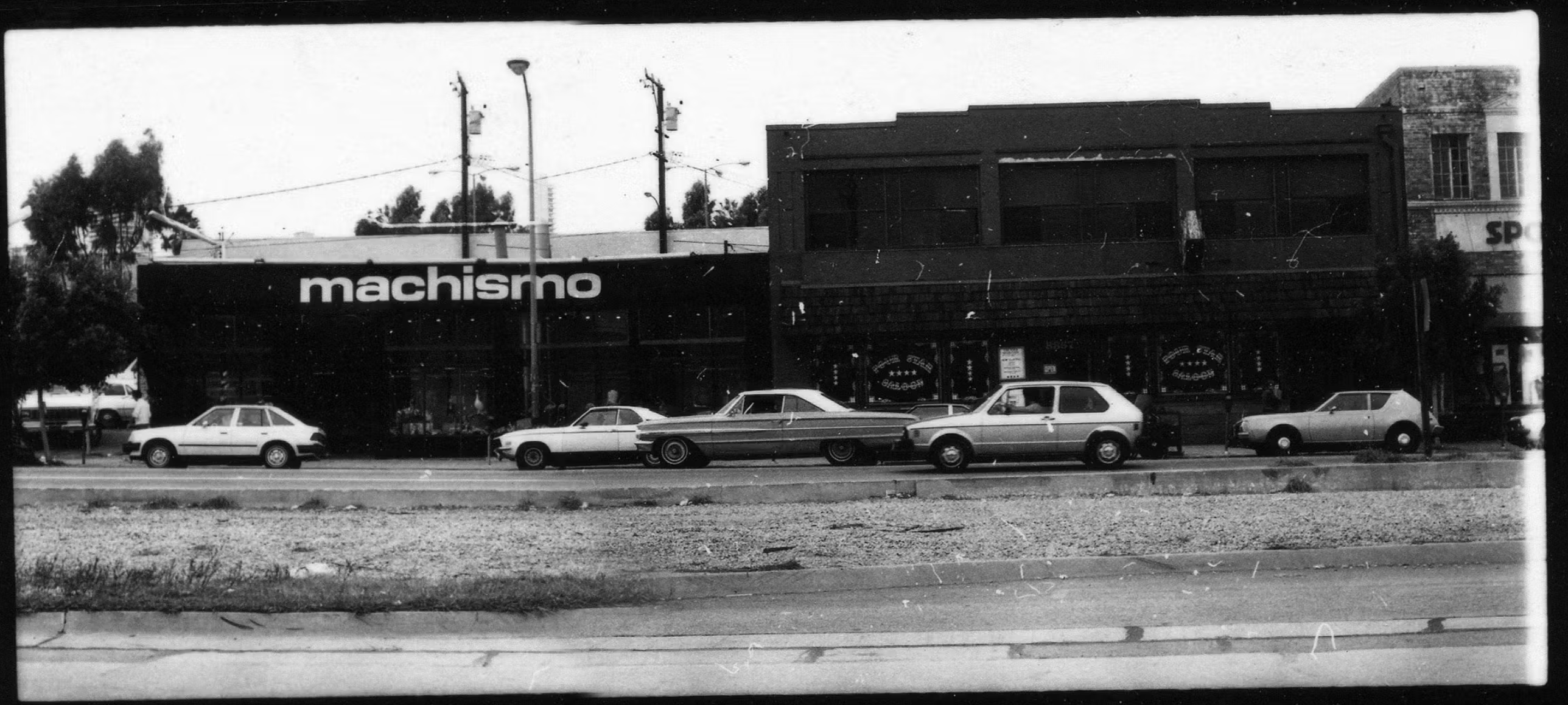
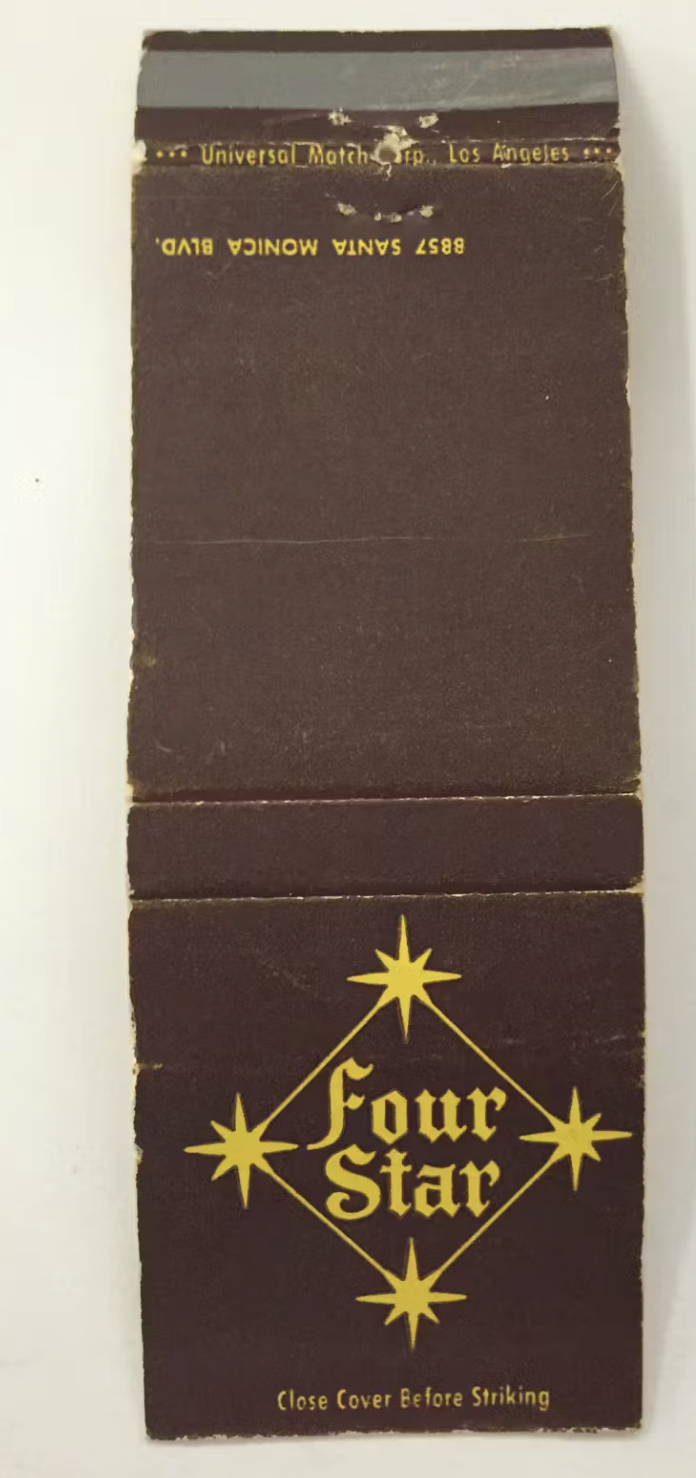
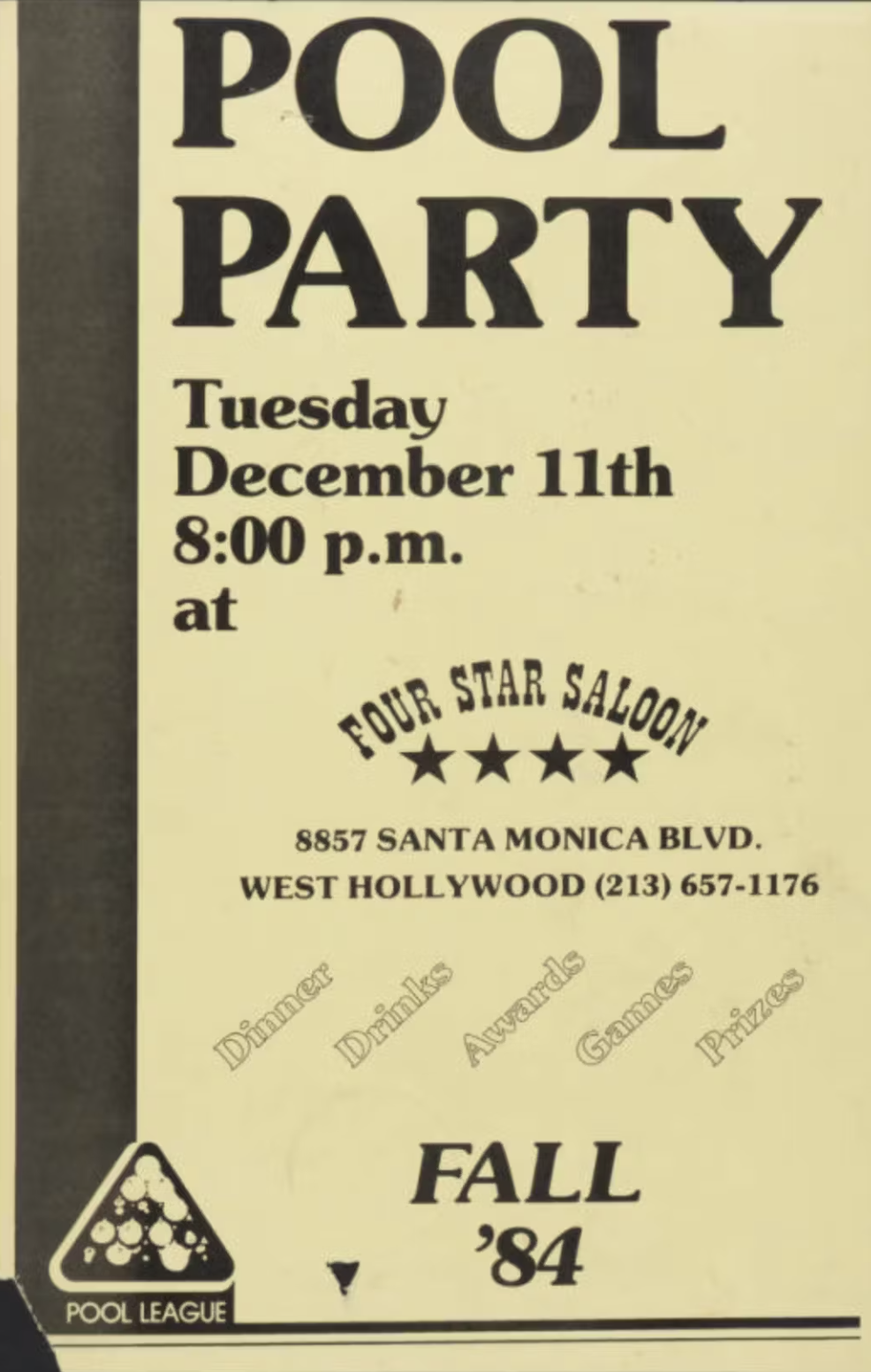
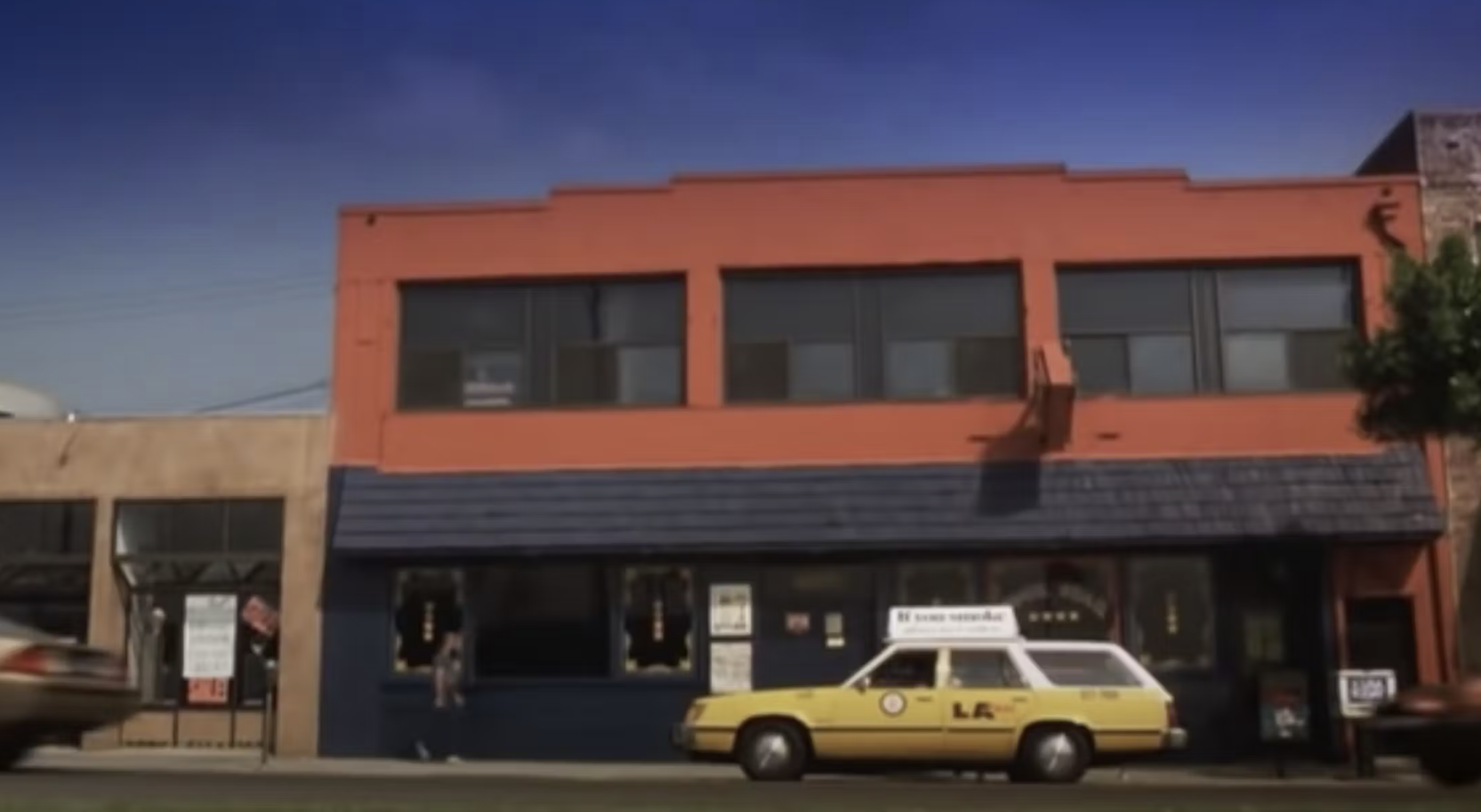
Maybe if he wasn’t in cahoots with his promoter Stefano, West Hollywood’s Drug and Prostitute mule he wouldn’t be bitching how the government is after him. Time to go old man. You didn’t even have respect to notify your staff you were closing. Bye! So long!
[…] was not easy to hold in the news for the past weeks. Brandon did this amazing story on Michael Niemeyer, and the call finally came. “Larry, we want you to take a photo of […]
Where did the name Micky’s come from? Who is Micky?
I agree with Mr. Niemayer’s statement that the Boystown district needs more smaller intimate establishments.The large spaces are OK for some,but there is a place for the quieter spots.
Trunks is a favorite of mine as it is not too crowded for my taste and you can have a conversation without having to yell.You don’t have to blast loud music to have a good time. West Hollywood could use more places like Trunks.